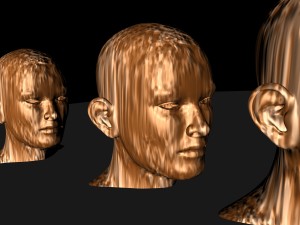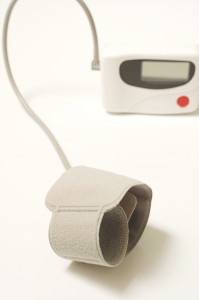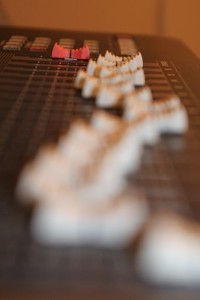 Nowadays, robots can do almost anything- the one thing they are lacking is the ability to read facial expressions. Well, that just might be changing.
Nowadays, robots can do almost anything- the one thing they are lacking is the ability to read facial expressions. Well, that just might be changing.
Science has been progressing on robot’s ability to express facial expressions of emotions but recognizing them is an entirely different trial. Researchers from the University of Tsukuba, Japan have created a method of teaching robots via facial expressions.
Young children learn about social norms and a large part of acceptable behaviors through nonverbal communication and the environment around them. They also learn if something is accepted or rejected through simple expressions such as a smile or a frown. Researchers are hoping to apply the same ideology to a robot and influence its actions using the very same methods.
The Verge reports that this new technology uses wireless electromyography (EMG) head band, which can accurately read smiles and frowns 97 percent of the time.
Does that sound too good to be true?
Check out the video below and decide for yourself as a scientist and a robot interact via facial expressions a frown or a smile to be exact.
Click here to view the embedded video.
 Now there is another reason to keep that blood pressure in check. New research suggests that high blood pressure can lead to an inability to recognize and process emotions especially happiness, sadness, anger and fear.
Now there is another reason to keep that blood pressure in check. New research suggests that high blood pressure can lead to an inability to recognize and process emotions especially happiness, sadness, anger and fear. According to NewsWise and the American Institute of Physics a research team at the University of Florida, Gainesville is expanding lie detection capabilities and moving away from the old way of the polygraph, which was not always reliable, to the updated way of voice stress analysis.
According to NewsWise and the American Institute of Physics a research team at the University of Florida, Gainesville is expanding lie detection capabilities and moving away from the old way of the polygraph, which was not always reliable, to the updated way of voice stress analysis.